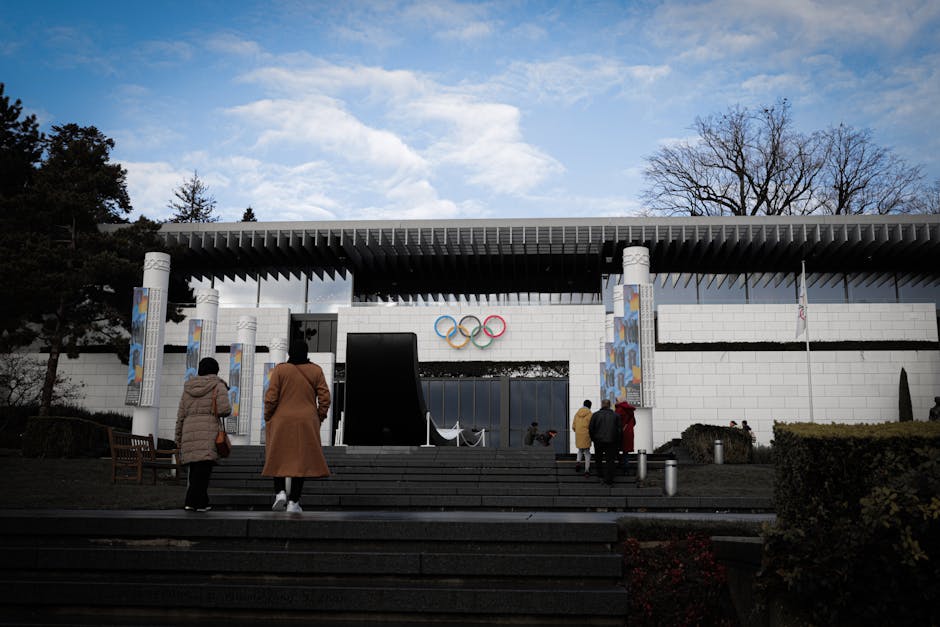China Accuses NSA of Cyberattacks on National Time Center
In a move that could further strain U.S.-China relations, China has accused the U.S. National Security Agency (NSA) of conducting cyberattacks on its National Time Service Center (NTSC). Located in Lintong, Shaanxi Province, the NTSC is a critical facility responsible for China’s official timekeeping, supporting essential systems like satellite navigation and financial transactions. The allegations, made by China’s Ministry of State Security (MSS), have heightened geopolitical tensions between the two superpowers.
Details of the Alleged Cyberattacks
According to the MSS, the NSA allegedly carried out sophisticated cyberattacks over several months, targeting the NTSC’s networks. The attacks reportedly aimed to disrupt China’s timekeeping infrastructure, potentially causing chaos in sectors reliant on precise timing, such as telecommunications, transportation, and national defense. The MSS also accused the U.S. of attempting to steal sensitive data related to China’s BeiDou satellite navigation system, a competitor to the U.S.-operated GPS.
China’s Response and U.S. Denial
While China has not provided concrete evidence, it has vowed to take “all necessary measures” to protect its infrastructure and hold perpetrators accountable. The MSS called the alleged attacks a “blatant violation of international law and cyberspace norms.” The U.S. government has not officially responded, but anonymous intelligence sources reportedly dismissed the claims as “baseless” and a diversion from China’s own cyber espionage activities.
Broader Geopolitical Context
The accusations come amid escalating U.S.-China tensions over trade, human rights, and military posturing in the Indo-Pacific. The Biden administration has prioritized countering China’s influence, particularly in technology and cybersecurity, through sanctions, export restrictions, and strengthened regional alliances.
Expert Insights on the Allegations
Cybersecurity experts remain divided on the plausibility of the claims. Dr. Emily Carter of the International Institute for Strategic Studies noted that targeting a timekeeping facility is “unusual and high-risk,” while Rajesh Kumar, a cybersecurity consultant, highlighted the broader implications of the U.S.-China cyber arms race. The incident underscores the growing importance of time synchronization in modern infrastructure and the challenges of establishing global cybersecurity norms.
Conclusion
The allegations against the NSA highlight the fragility of trust in the digital age and the high stakes of the U.S.-China rivalry. As the situation develops, the world watches closely, questioning the veracity of the claims and their potential impact on international relations.




